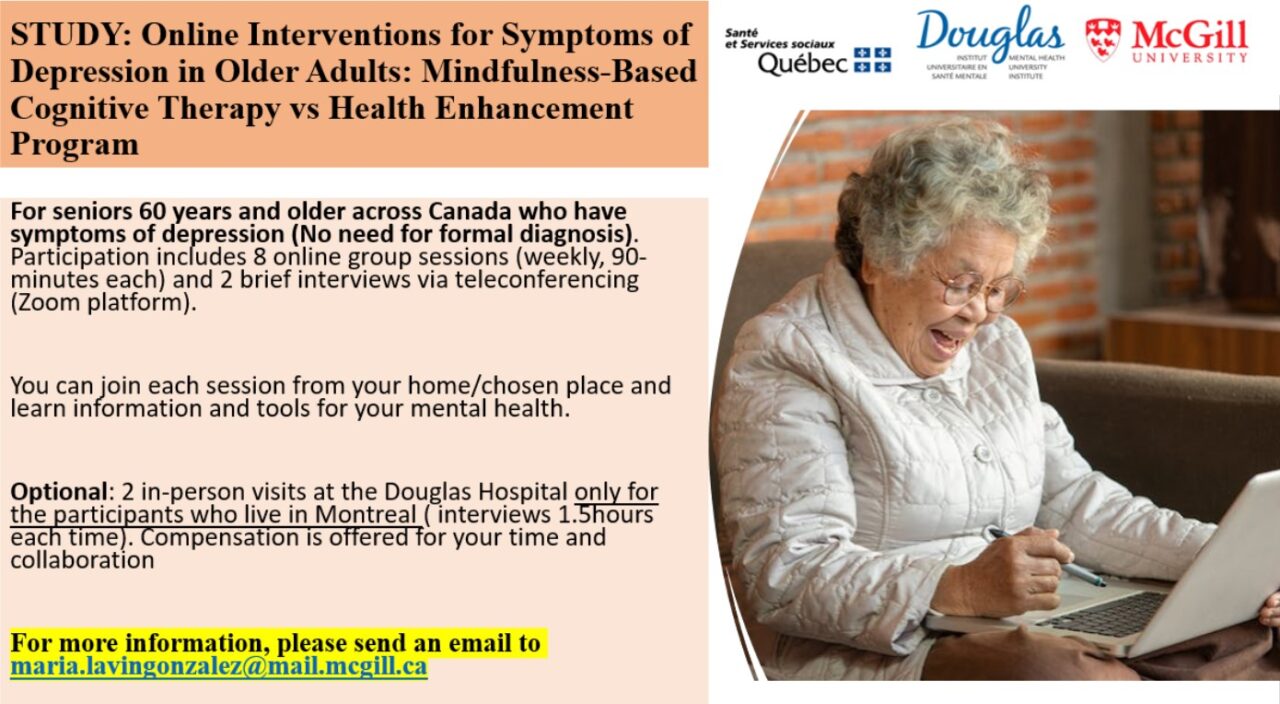Mindfulness-based Cognitive Therapy for Depression
Part 1 in a series on mindfulness-based group treatments
Once we have experienced an episode of depression, there is a strong likelihood that we will experience a relapse or recurrence of depression in the future. We could think of this as having won the battle but possibly not having won the war. One explanation is that people who have struggled with depression may be prone to negative thought patterns and be more likely to believe this inner narrative. Some examples of the negative beliefs we can reinforce through our patterns are:
‘I didn’t just make a mistake; I am the mistake.’
‘Why bother trying to change things when it doesn’t seem to make a difference.’
‘No one really loves me or even cares deeply about me.’
Mindfulness-based cognitive therapy (MBCT) has been clinically demonstrated to reduce relapses in depression. MBCT integrates cognitive behavioural therapy with mindfulness meditation. It is through this repeated exercise of returned focus to the present moment that so many people experience a new awareness of their negative thought patterns. And once we become truly aware of a thought or series of thoughts, it is more difficult for us to become unaware of them. This gentle awareness offers us so many options to maintain better mental health.
As an MBCT-trained therapist, I have gone through the group as both as a participant and as a facilitator. The training is rigorous! MBCT is offered as an 8-week group and is delivered only by trained MBCT therapists. The groups integrate relaxation, meditation, and other exercises and techniques to support you to engage with a greater sense of self-awareness and control. A commitment to home practice during the group really promotes recognition of when we may be slipping into negative thought patterns and how to disrupt this pattern before depression is triggered.
Some mindfulness-based programs are also offered online. I learned through my own research that virtual delivery of mindfulness-based group treatments for anxiety and depression is effective in reducing symptoms. Online mindfulness-based programs are a convenient option for people who are busy or live in rural or remote areas.
If you would like to take a deeper dive into the MBCT research, I have a list of references below. I am also involved in a McGill University study of MBCT that is being offered online across Canada to older adults with symptoms of depression. I’ve added the flyer for the study at the bottom of this post.
And, of course, if you have any questions or comments, I’d love to hear from you.
References for further exploration
Segal Z, Williams J, Teasdale J. Mindfulness-based Cognitive Therapy for Depression: A New Approach to Preventing Relapse. 2002. New York, NY: Guilford Press.
Farb A, Anderson A, Mayburg H et al. Minding One’s Emotions: Mindfulness Training Alters the Neural Expression of Sadness. Emotion. 2010; 1:25–33.
Galente J, Iribarren S, Pearce P. Effects of mindfulness-based cognitive therapy on mental disorders: a systematic review and meta-analysis of randomised controlled trials. J Res Nurs. 2012; 18(2):133-155.

Subscribe for Updates
Sign up to get articles like this in your inbox once a month. I’ll never send you spam, and you can opt out anytime.






